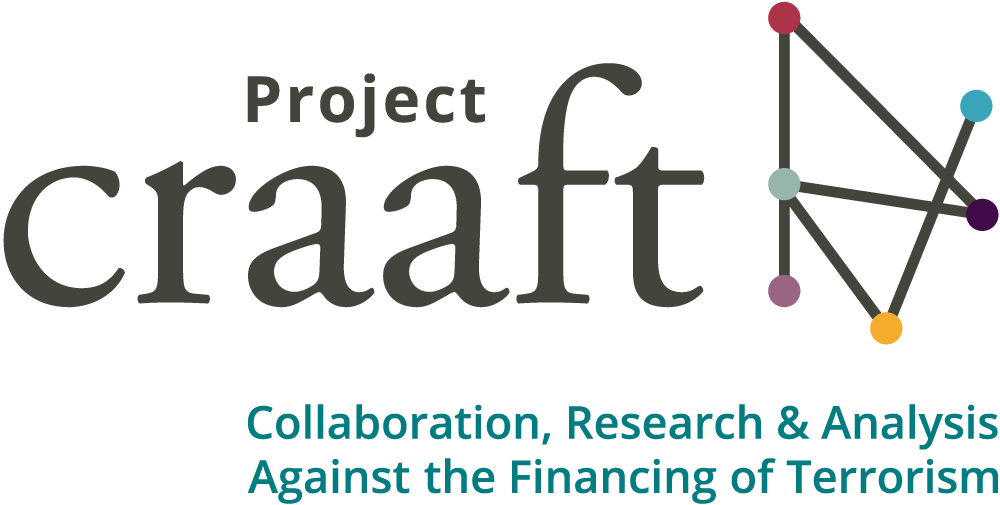Information-Sharing Workshop for Prosecutors and FIU: Poland
On 13 September 2022, Project CRAAFT held a workshop in Warsaw for Polish representatives from the FIU, Prosecutor’s Office, and other public sector stakeholders on terrorist financing risks of new technologies. Our researchers and supporting financial crime experts presented case studies of TF abuse of the FinTech sector to address the current threat landscape and the need for effective cross-sector collaboration.
In a novel approach for CRAAFT, we held a ‘war game’ where attendees were presented with 3 different but realistic scenarios in which FinTechs and cryptocurrencies intersected with terrorist financing activity. The scenarios included Islamist and far-right terrorism fund-raising, abuse of NPOs and immediate actions following a terrorist incident. The objective of the war game was to improve public sector information sharing by identifying enablers and barriers ahead of an event, testing the entities' reactions ranging from detection and deterrence through to prosecution, conviction and confiscation of assets.
Some key learnings from the workshop include:
Money sending businesses continue to be a primary choice for TF activities and the appeal of FinTech companies regarding swift onboardings and fast transfers seem to offer opportunities for TF activities. The false perception of FinTech as particularly vulnerable to abuse due to non face-to-face onboarding and interaction, and less KYC controls make the sector appealing for terrorist financiers.
FinTech companies, however, continue to implement CTF controls such as adverse media screening, transactions monitoring, customer and payments sanctions screening to mitigate risks. Growing concern for the use of virtual assets, despite the low involvement in TF, is addressed through blockchain monitoring.
Information-sharing and cross-sector collaboration is essential for a robust CTF regime. FinTech companies should be provided with and exchange typologies and red flag indicators, and law enforcement agencies should be trained to enhance their expertise on the FinTech sector, its products and services, to understand the risks and to determine what data points can be exchanged to mitigate them.
Some key insights from the participants include:
In its goal of optimising the procedure for information exchange and the scope and quality of exchanged information, as well as access to information, Poland has implemented the measures specified in the Directive (EU) 2019/1153 for the facilitation of the use of financial information for the prevention, detection, investigation and prosecution of TF.
The innovative war game allowed for the participants to engage in realistic TF scenarios to assess interaction within the public sector and information-sharing procedures with the private sector. The level of expertise and readiness demonstrated in the war game evidenced Poland’s progress on the matter.
Poland’s 2022 Mutual Evaluation Report addressed the country’s need to perform a specific risk assessment on the TF risks of the NPO sector. The war game provided the participating professionals with the opportunity to engage in a realistic scenario to test their level of awareness and collaboration capacity within and across sectors, and to foster these relations for an effective response to TF abuse of NPOs.
